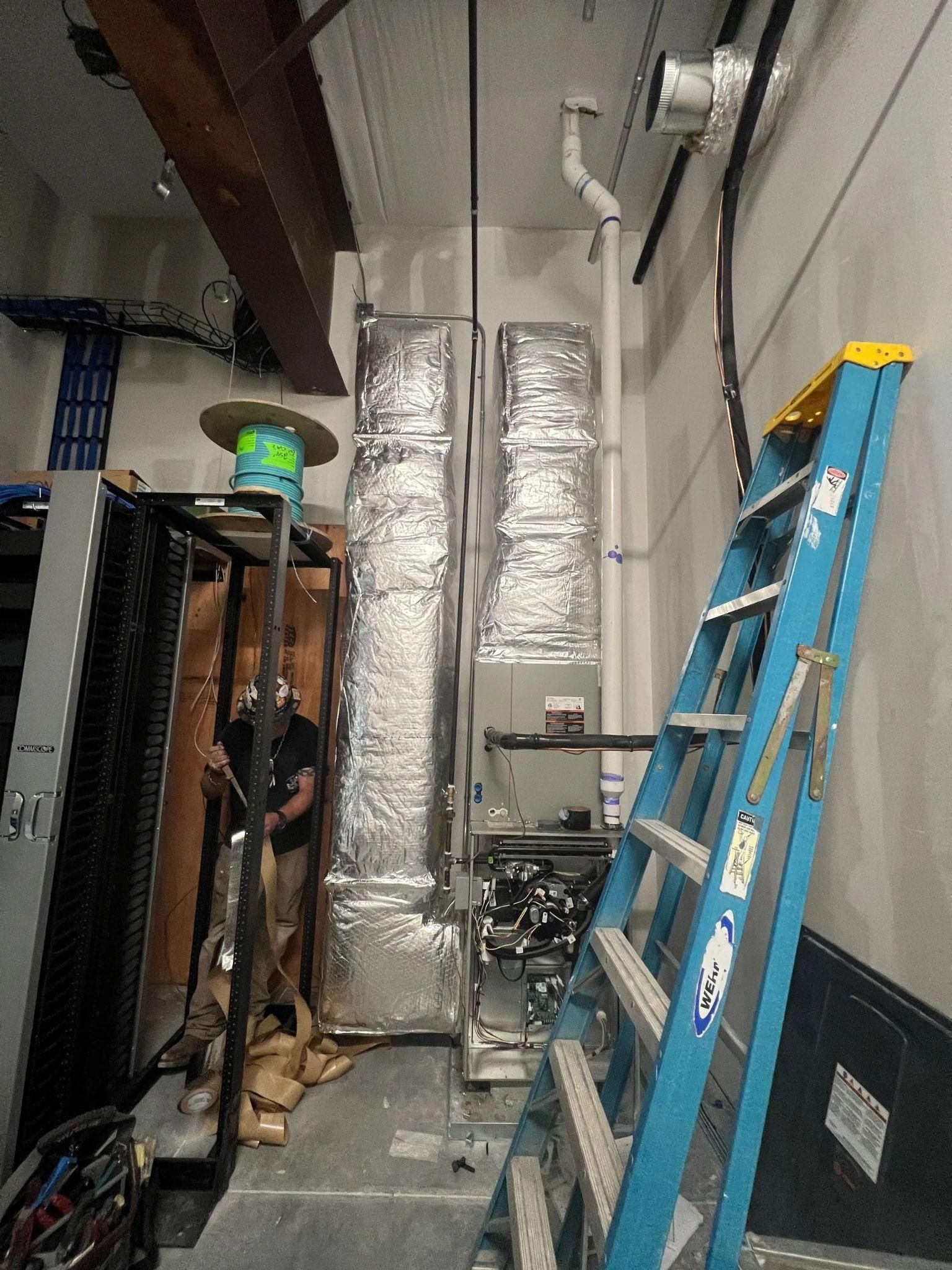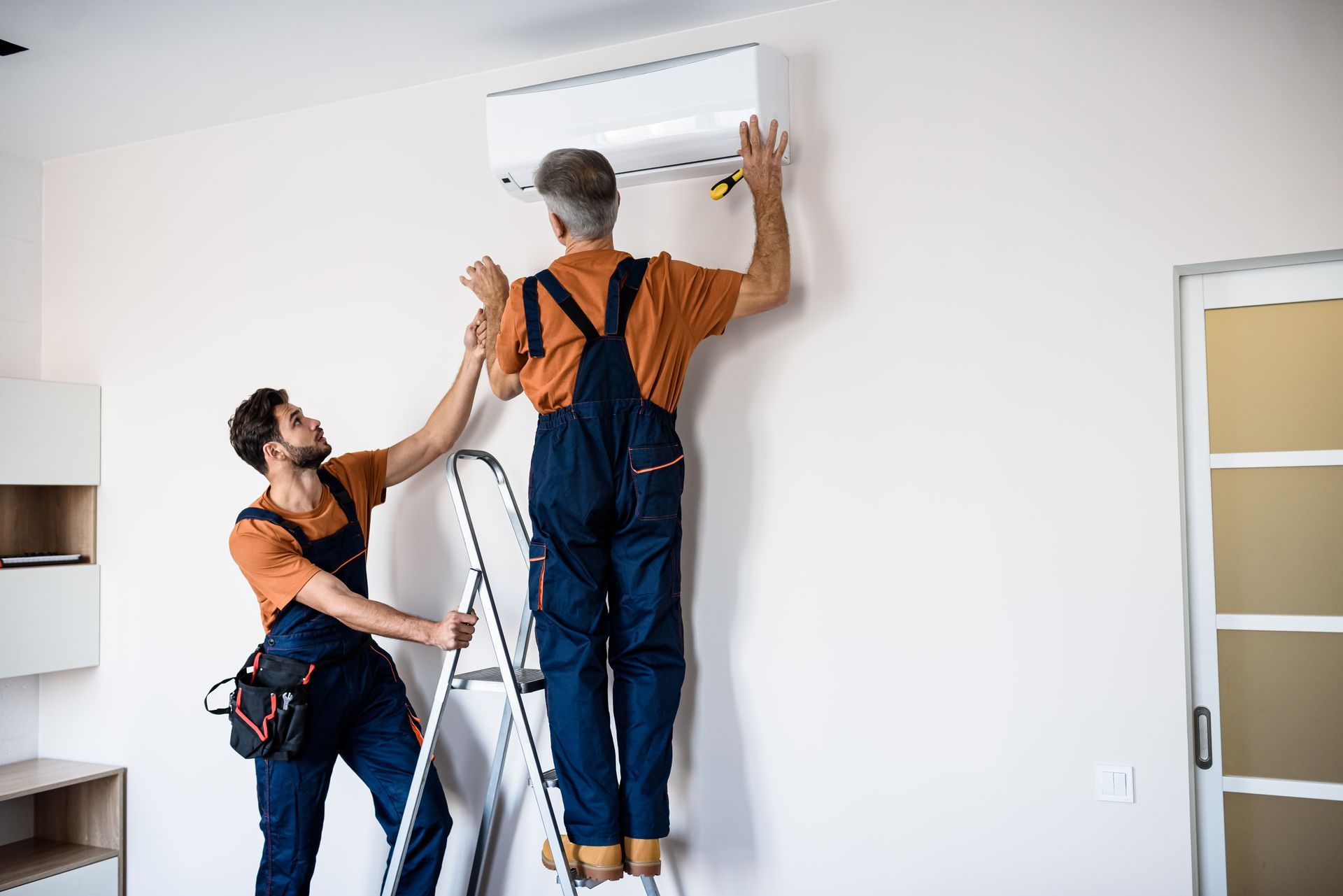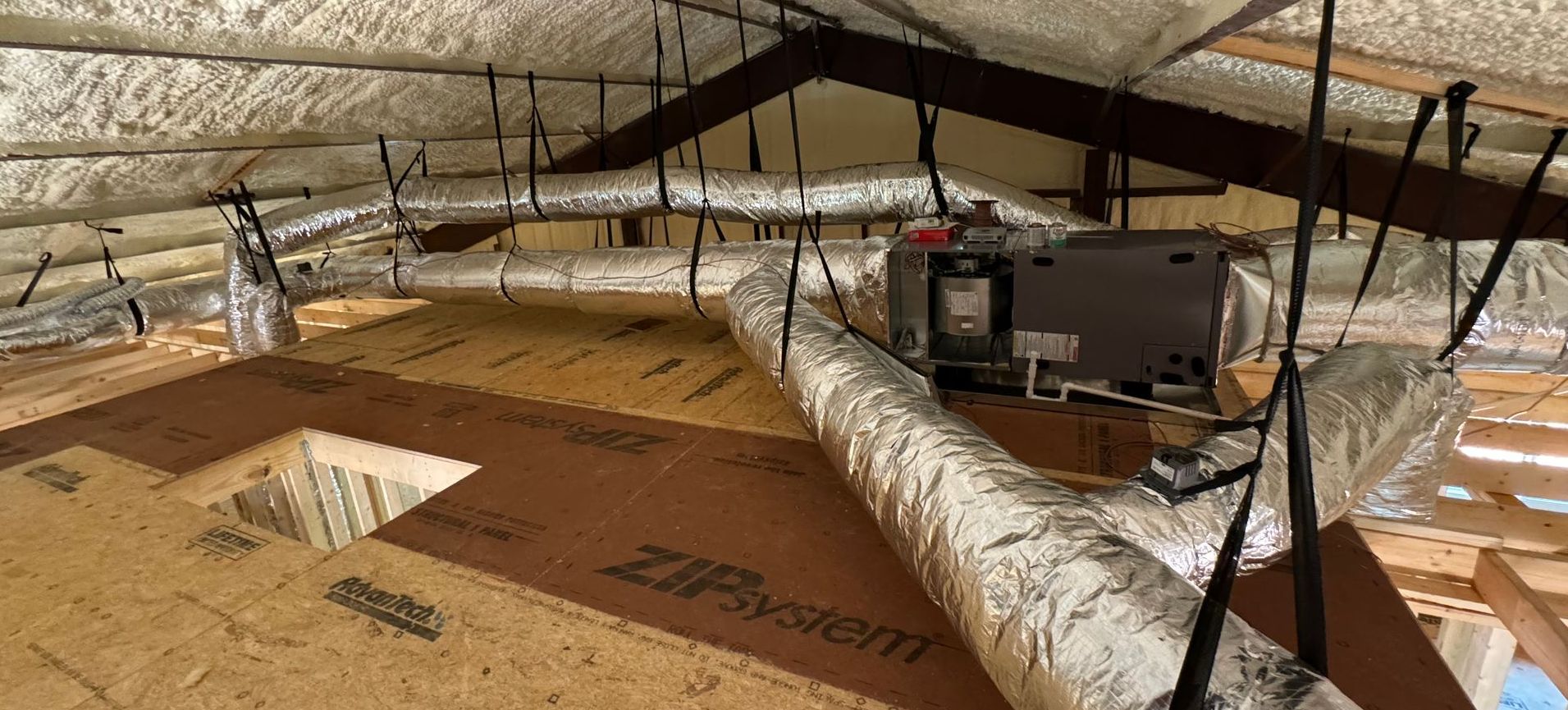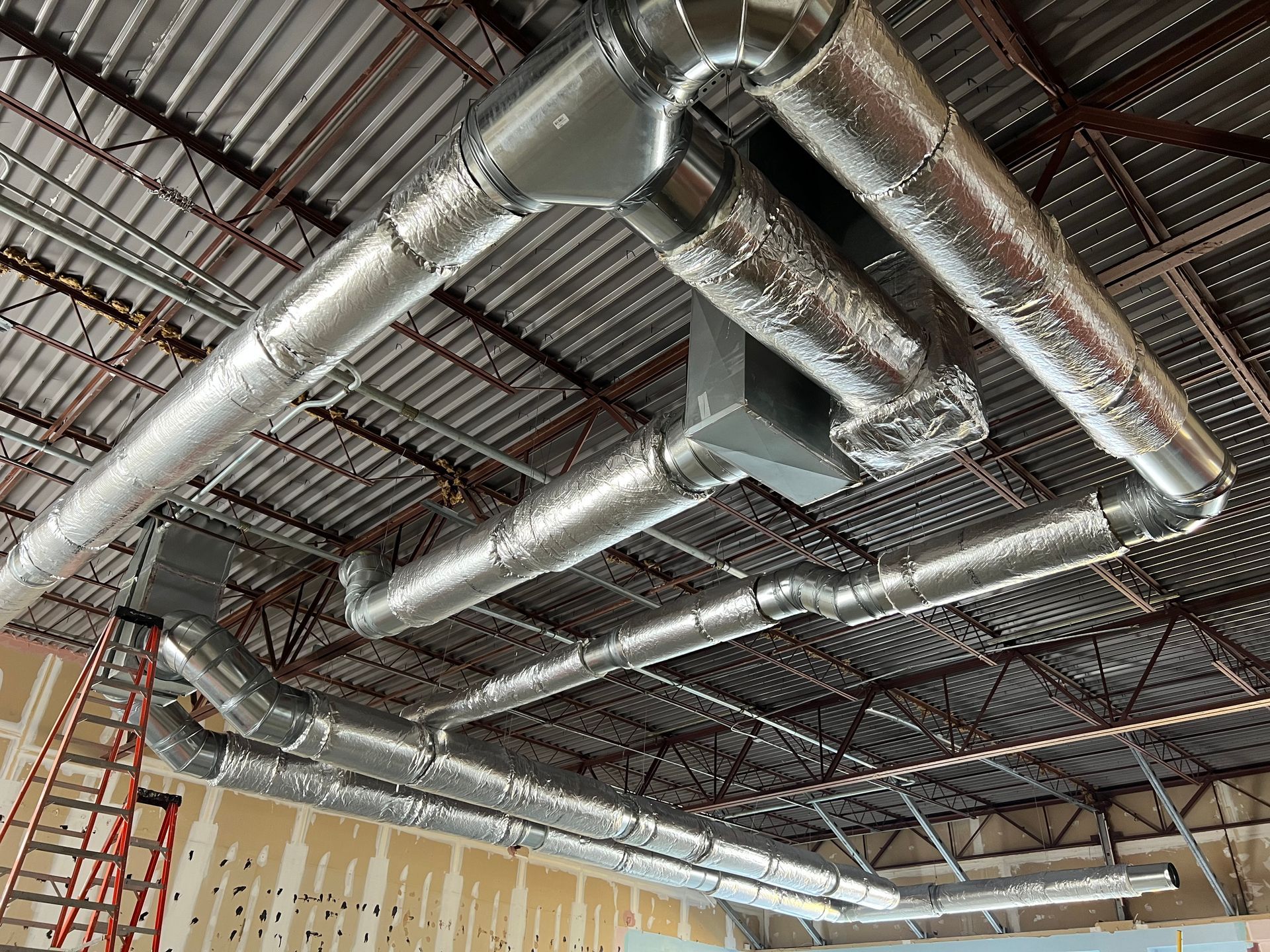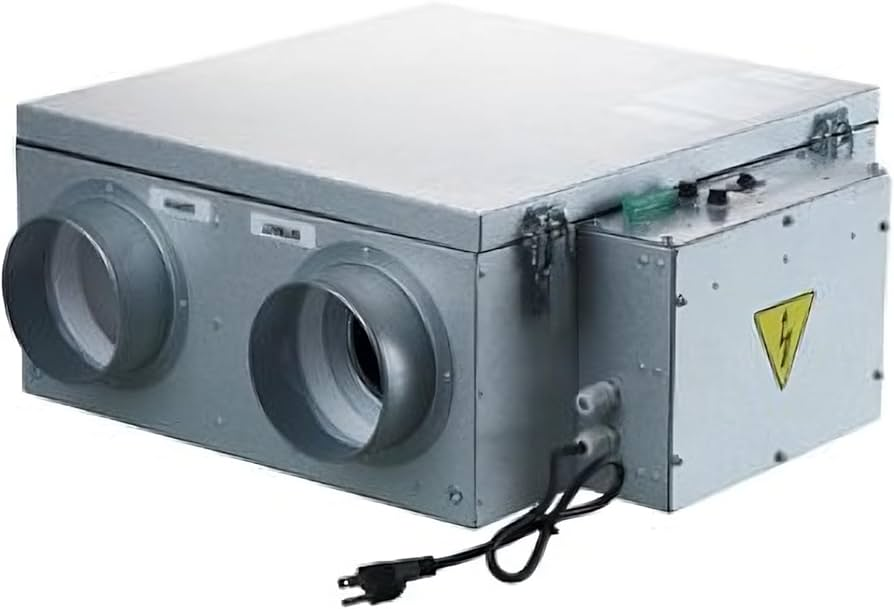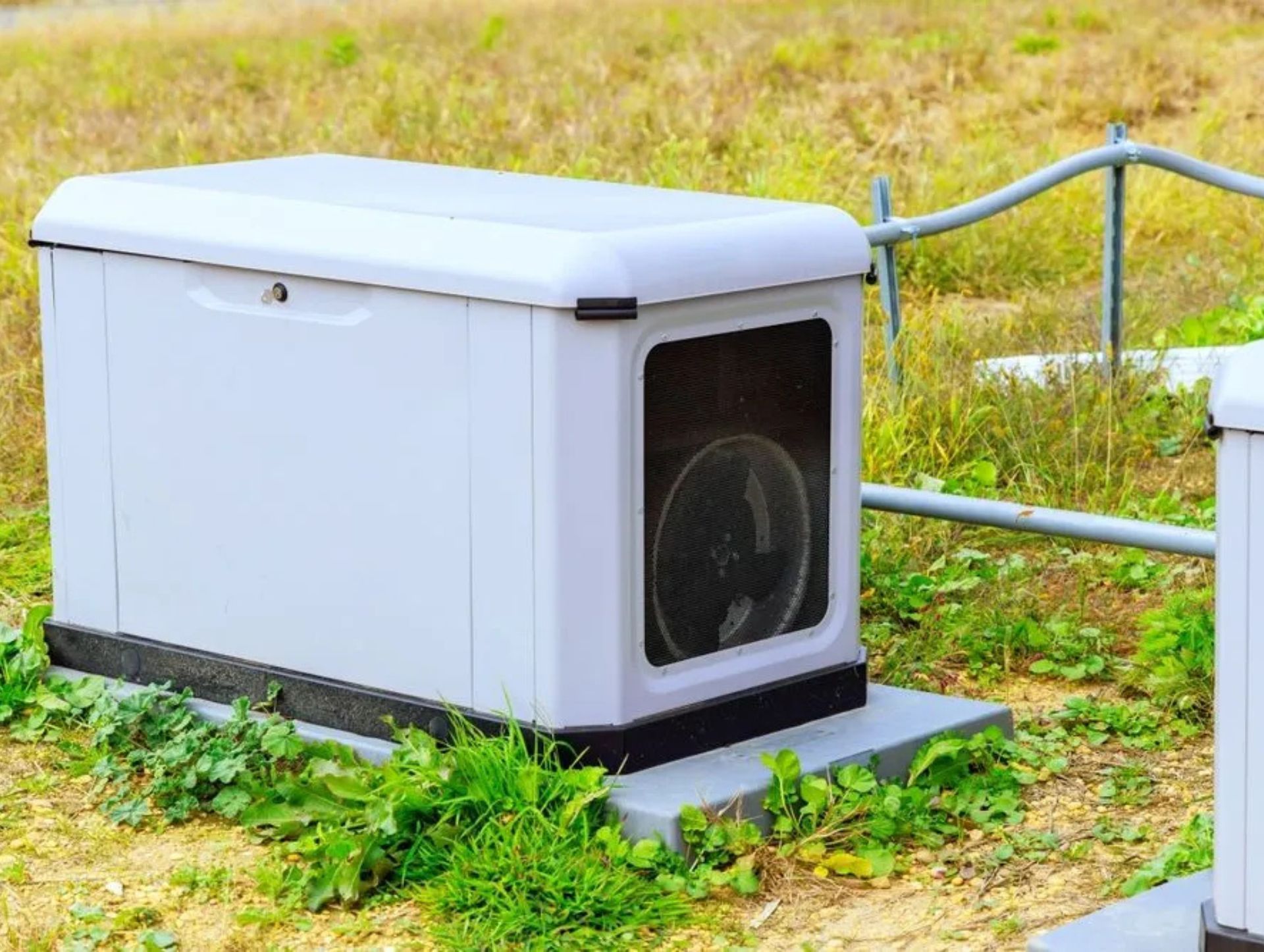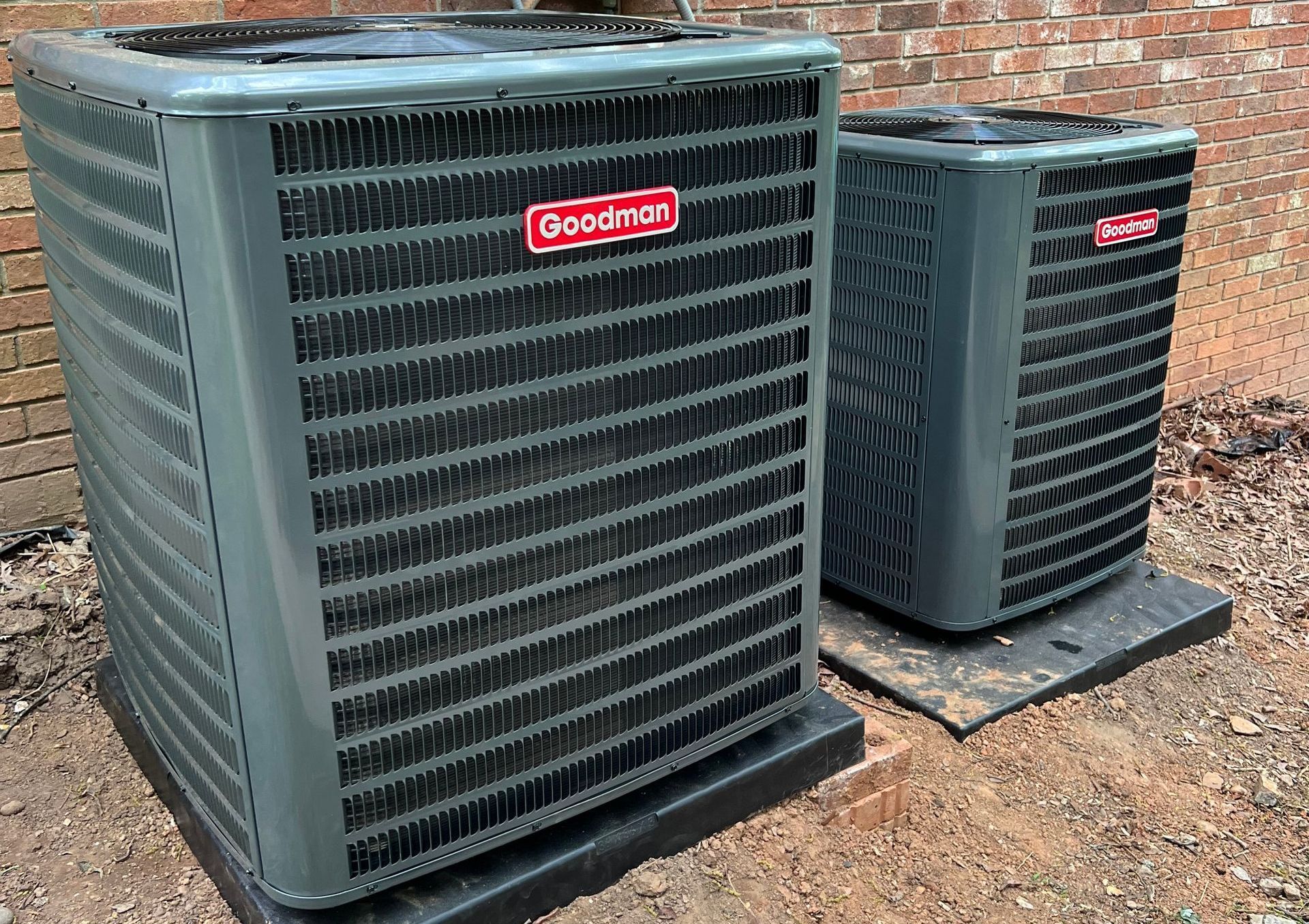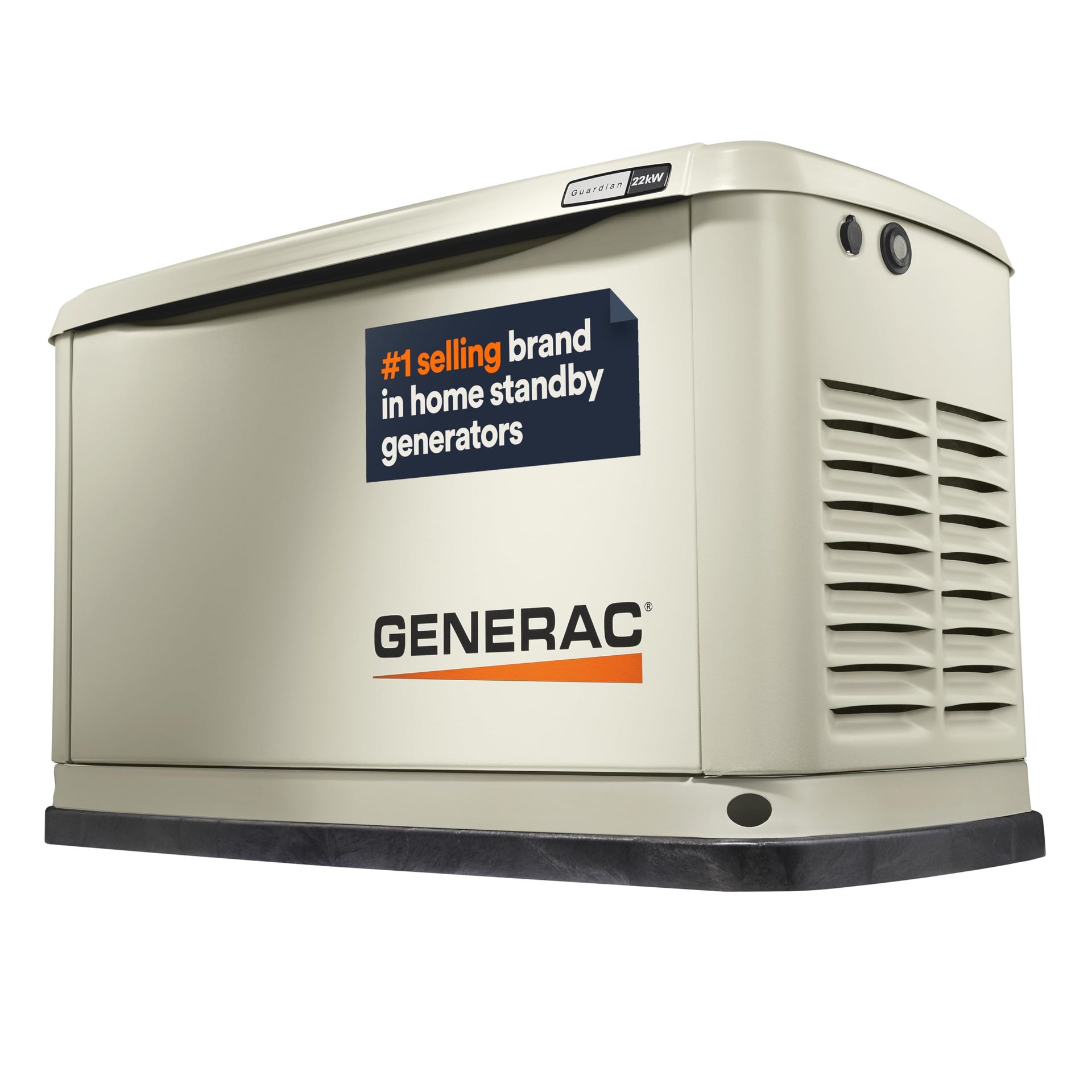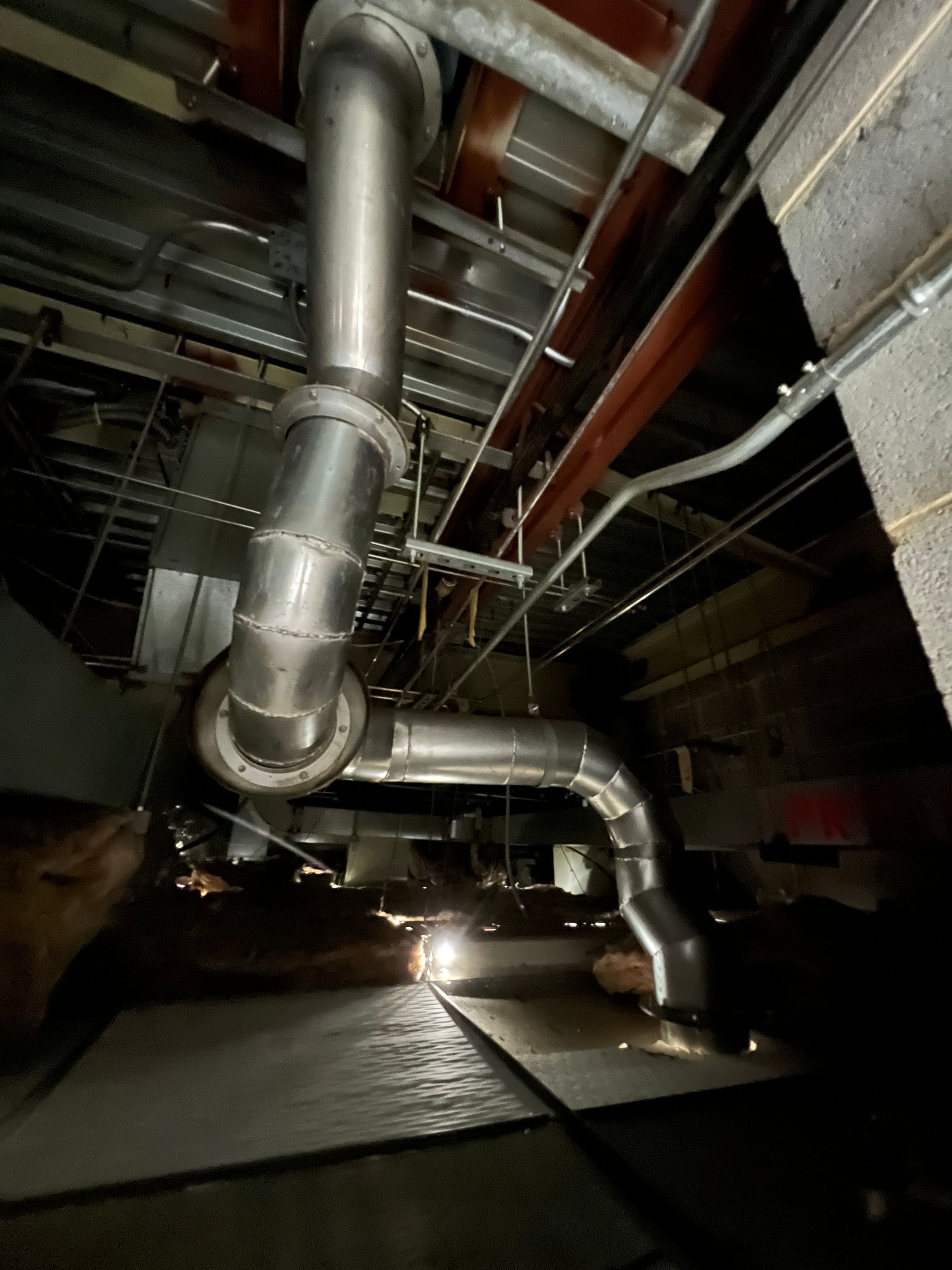Understanding the Factors That Affect Commercial HVAC Unit Cost
Key Factors Influencing Commercial HVAC Costs
When it comes to commercial HVAC costs, several key factors play a significant role in determining the final price. Understanding these factors can help business owners make informed decisions about their HVAC systems.
System Size and Capacity
The size and capacity of the HVAC system are crucial. Larger spaces require more powerful units, which can lead to higher costs. Here are some points to consider:
- Larger units are generally more expensive due to increased materials and complexity.
- The capacity is often measured in tons, with one ton equating to the ability to cool 12,000 BTUs per hour.
- For example, a 34,000 BTU unit is needed for spaces of 2,000 to 2,500 square feet.
Type of HVAC System
Different types of HVAC systems come with varying costs and installation complexities. Some common types include:
- Rooftop units
- Split systems
- Variable refrigerant flow (VRF) systems
- Each type has its own advantages and disadvantages, affecting overall costs.
Ductwork Design and Installation
The design and installation of ductwork can significantly impact costs. Important considerations include:
- Complex layouts may require customized ductwork, increasing expenses.
- Proper ductwork is essential for efficient temperature distribution.
- Zoning requirements can also affect the design and installation process.
Energy Efficiency and Regulations
Energy efficiency is not just a trend; it can lead to long-term savings. Here’s what to keep in mind:
- High-efficiency systems may have a higher upfront cost but can save money on energy bills over time.
- Compliance with local regulations can also influence the type of HVAC systems that can be installed.
- Energy efficiency standards are becoming stricter, impacting overall costs.
Understanding these factors can help you navigate the complexities of commercial HVAC costs and make better choices for your business.
Understanding the Impact of Building Specifications
When it comes to commercial HVAC systems, the specifications of the building play a crucial role in determining costs. Different buildings have unique needs that can significantly affect the overall price of HVAC installation.
Building Size and Layout
- Larger buildings typically require more powerful HVAC systems.
- The layout can influence ductwork design, which can add to costs.
- Open spaces may need different solutions compared to segmented areas.
Project Difficulty and Labor Costs
- Complex installations in older buildings can increase labor costs.
- Accessibility issues can make installation more challenging and expensive.
- Unique architectural features may require custom solutions, raising costs further.
New Construction vs. Retrofitting
- New buildings often have modern designs that can accommodate efficient HVAC systems.
- Retrofitting older buildings may require additional work to fit new systems, increasing costs.
- The condition of existing infrastructure can also impact the overall budget.
Type of Business Activity
- Different businesses have varying heating and cooling needs.
- For example, a restaurant will have different requirements than an office space.
- Understanding the specific needs of the business can help in selecting the right HVAC system.
In summary, working with a professional like
Arrow Renovations & Refrigeration can help navigate these complexities and ensure that the HVAC system is tailored to the building's specifications.
Choosing the Right Commercial HVAC System
Selecting the right commercial HVAC system is crucial for maintaining comfort and keeping energy costs low. Here are some key factors to consider:
Types of HVAC Units
- Packaged Units: These are popular because they are efficient and easy to install.
- Split Systems: These systems separate the indoor and outdoor units, providing flexibility in installation.
- Variable Refrigerant Flow (VRF): This system allows for precise temperature control in different areas of a building.
Brand and Equipment Quality
- Reputation: Choose brands known for reliability and performance.
- Warranty: Look for units with good warranty options to protect your investment.
- Energy Ratings: Higher energy efficiency ratings can lead to lower operating costs.
Automation and Controls
- Smart Thermostats: These can optimize energy use and improve comfort.
- Zoning Systems: Allow different areas of a building to be heated or cooled independently.
- Remote Monitoring: Helps in tracking system performance and maintenance needs.
Long-term Cost Considerations
- Installation Costs: Initial costs can vary widely based on the system type and complexity.
- Energy Efficiency: Investing in a high-efficiency system can save money on energy bills over time.
- Maintenance: Regular maintenance is essential for keeping costs down and ensuring longevity.
In summary, understanding the different types of commercial HVAC systems and their features can help you make an informed decision that balances upfront costs with long-term savings.
Additional Costs and Considerations
When planning for a commercial HVAC system, it’s important to think about additional costs that can arise beyond the initial installation. These costs can significantly impact your overall budget and should not be overlooked.
Permits and Compliance
- Obtaining necessary permits can add to your expenses. These may include:
- Building permits
- Environmental compliance
- Safety inspections
- Ensuring compliance with local regulations is crucial to avoid fines and delays.
Installation Timeline and Availability
- The installation timeline can vary based on:
- Availability of materials
- Scheduling of contractors
- Complexity of the installation
- Delays can lead to increased costs, especially if temporary cooling or heating solutions are needed in the meantime.
Maintenance and Upkeep
- Regular maintenance is essential for keeping your HVAC system running efficiently. Consider:
- Routine inspections
- Filter replacements
- System cleaning
- Neglecting maintenance can lead to costly repairs and reduced efficiency over time.
Potential for Future Upgrades
- As technology advances, you may want to consider future upgrades. This could include:
- Enhanced energy efficiency systems
- Smart controls and automation
- Additional zoning capabilities
- Planning for these upgrades can help you budget effectively and ensure your system remains competitive and efficient.
When planning your HVAC project, it's important to think about extra costs and factors that might come up. These can include things like permits, installation fees, and maintenance plans. To make sure you’re fully prepared, check out our website for more details and tips on how to manage these expenses effectively!
Conclusion
In summary, understanding the costs associated with commercial HVAC units is essential for business owners. Various factors influence these costs, including the size of the unit, the type of system, and the complexity of installation. While it might seem overwhelming at first, knowing these details can help you make better choices when upgrading or replacing your HVAC system. Investing in a new, efficient unit not only improves comfort but can also save money in the long run by reducing energy bills. Therefore, it's important to consider all these aspects to ensure you get the best value for your investment.
